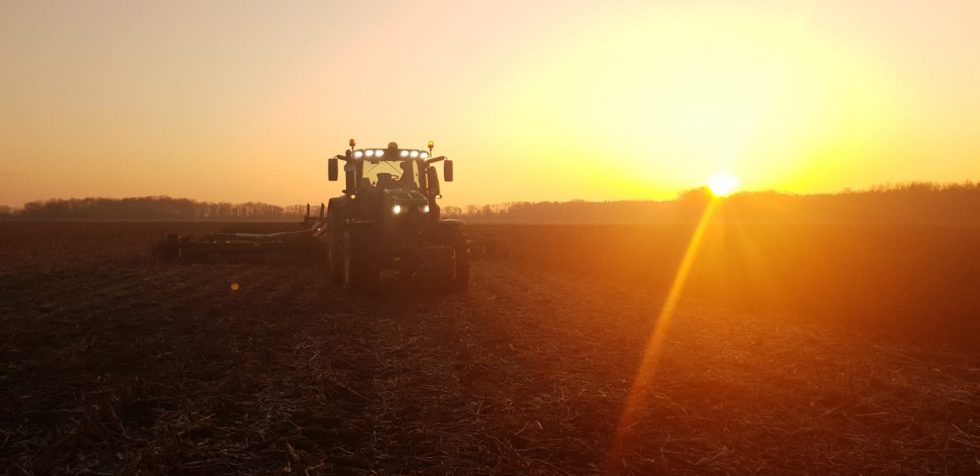Industrial level agriculture is one of the primary causes of environmental degradation. Concepts such as sustainability, diversity, soil protection, etc. were not considered while building our age-old farming systems. Due to constant negligence towards scientific farming practices, farmers across the United States have faced crop failures and shortages, and also added to the environmental impact.
But that time is no more. As consumers of this earth, we are also guardians of it. And thus, here are 5 sustainable cropping practices that every farmer must integrate within their process.
Crop Rotation
While this is indeed an age-old technique, it is something widely ignored by farmers due to specific market demands. Most farm owners cater to one or two primary produces as those fetch high dollar in the market. But it is the growth of a diversified crop range that can protect the soil’s quality over time. Legumes, grain seeds, etc. are crops that enrich the soil and should be grown by farmers along with their regular barley and oats.
If you are worried that such crops will not be able to garner enough revenue, then there is always the local market you can tend to instead of selling to larger farming enterprises. Crop rotation is a highly helpful and easy practice that you should implement in your farm immediately.
Modern tillage practices
Removing stubble from the root up either via burning or tillage can be extremely harmful to the soil and the environment in general. Modern tillage tools are highly advanced and can cut through the stubble and weeds in such a way that its biodegradation process becomes faster. So, you will have your smooth seedbed while also ensuring fast removal of stubble and weed.
We, of course, suggest the Kelly tillage systems with its disc-chain mechanism. It’s perfect for each field condition and can get the job done without any hassle at all. There are a number of distributors of Kelly tillage systems across the United States, so contact your closest dealer today and ensure your farming practices are more sustainable.
Systematic grazing
If there is constant grazing on a piece of land, then it will be akin to erode quickly. This happens due to the footfall from the animals that graze on the land. In a systematic grazing process, the animals are made to graze at different parts of the land over time so that this effect is not accumulated in any area. It also ensures that there is enough manure for all parts of the farmland.
Systematic grazing is also good for the animals as it has given them a better round of nutrients. And the health of farm animals is extremely important towards the efficient functioning of a farm. Diseases can spread from the crop to the animal or vice-versa very easily and systematic grazing is the best way to avert such a disaster.
Alternative energy practices
Farmers who practice large scale farming need to immediately shift towards a cleaner form of energy for as many processes as possible. The usage of fossil-fuel-powered machinery degrades the plant life on a farm and also harms the environment. A shift to biodiesel will be immensely beneficial for the farmer in the long run. It is also cheaper than regular fuel so alternative energy is a great means of saving budget as well.
Solar power is the best option for American farmers and solar panels can be fitted in any farm with absolute ease. This will change your farming practices completely and ensure that you are benefitting the most out of your process.
These 4 techniques are some of the best ways to ensure that your farm runs on a sustainable strategy. Usage of Kelly tillage systems and solar-powered machines has become quite common to many farms across the United States. With the changing landscape of the technological world, it is only expected that there will be rapid shifts in the agricultural industry as well.
Now is the perfect time to ensure that you are using the right machinery to run your farm. Not only will it protect you from the oncoming competition, but also ensure that your farm is protected from environmental disasters in the long run.


